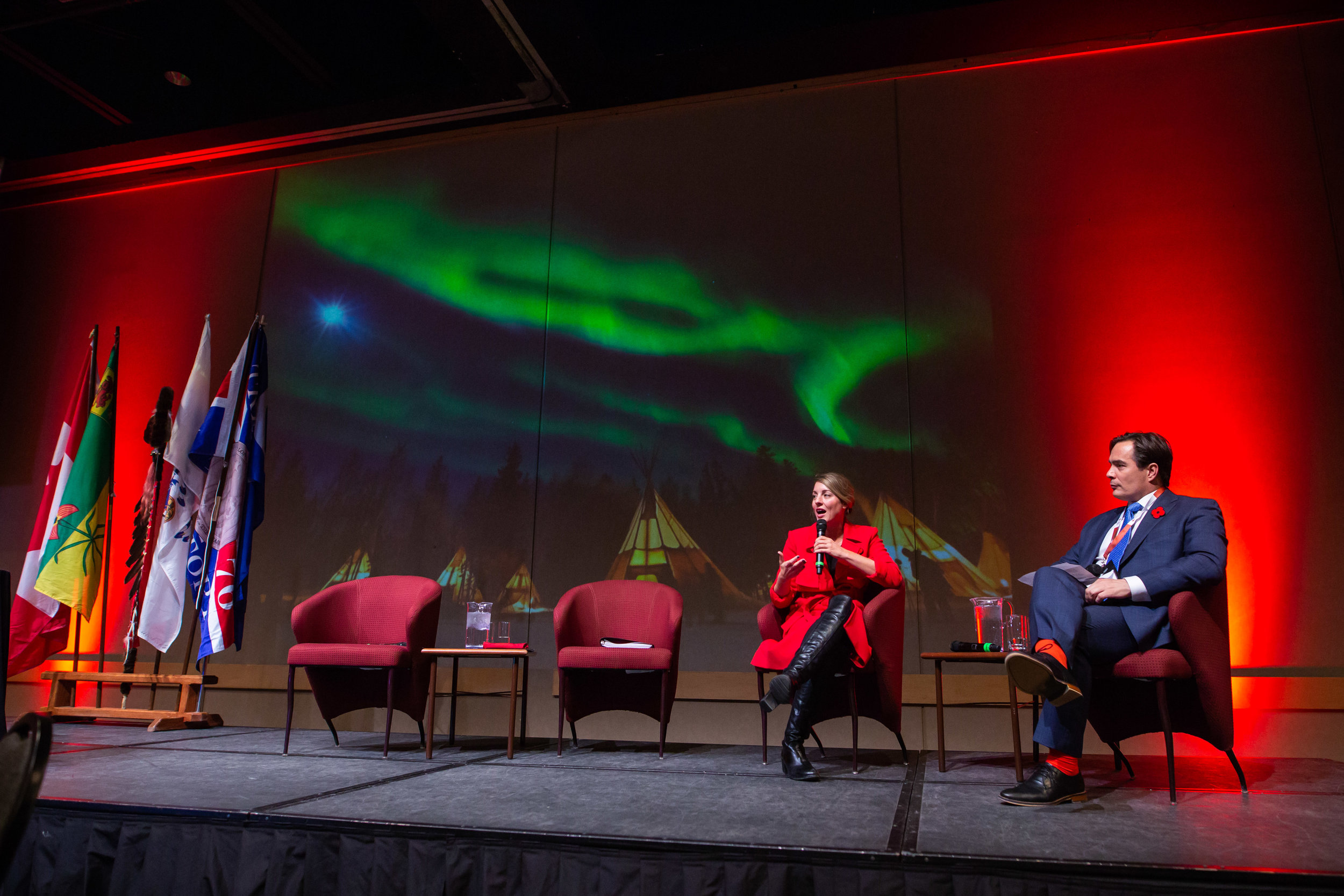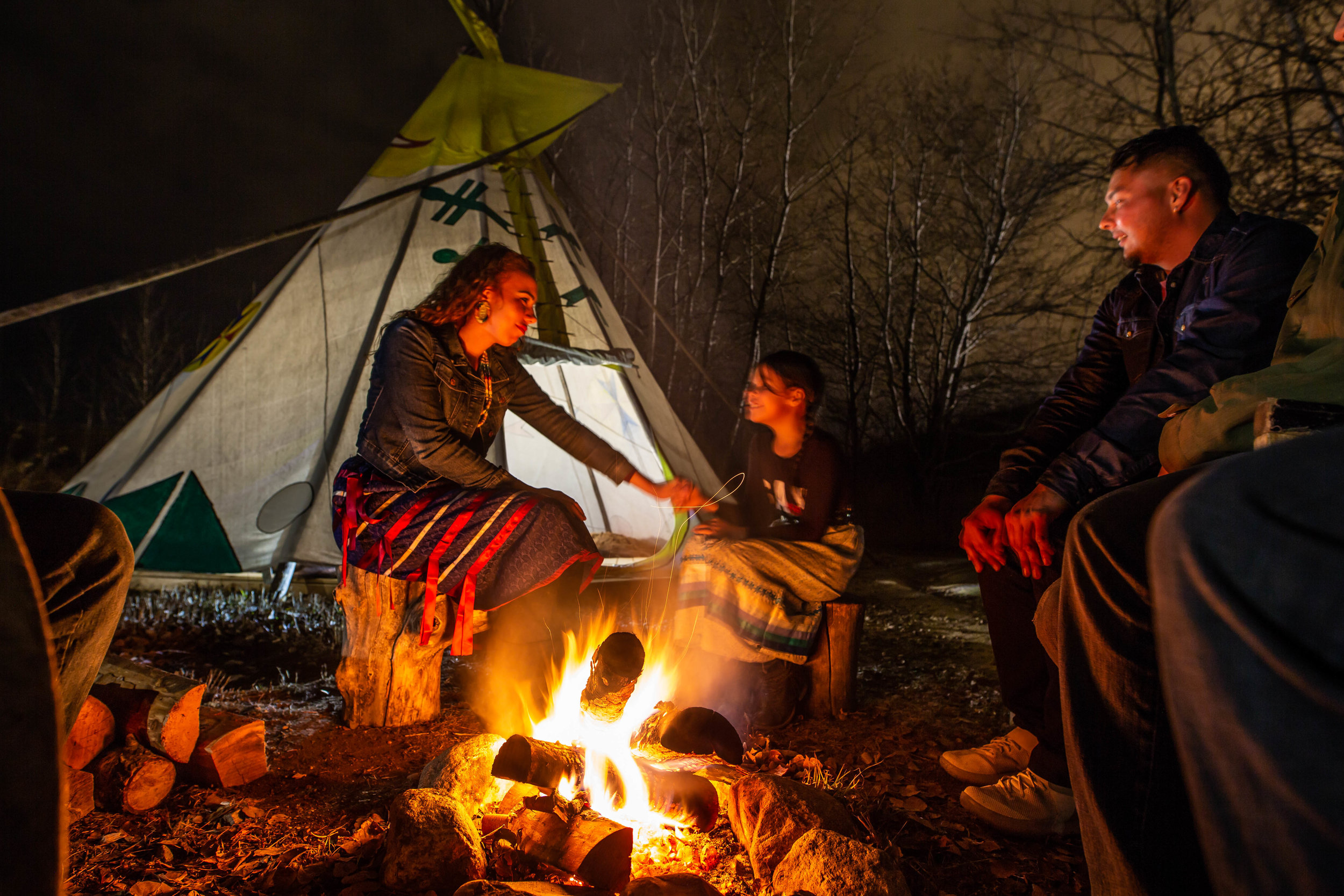A Media Insider’s Four Takeaways from #2018IITC
/I attended the 7th annual International Indigenous Tourism Conference held earlier this month in Saskatoon, Saskatchewan on Treaty 6 territory, the Homeland of the Métis. I was also the consulting editor of this year’s Guide to Indigenous Tourism in Canada and co-hosted the Indigenous Tourism Awards ceremony with ITAC President & CEO Keith Henry. Here, I share some thoughts about the conference and what I have learned about Indigenous tourism in Canada. This post was first published in Indigenous Canada’s blog, see link at bottom.
1. Indigenous tourism is at a tipping point.
What struck me during the two-day conference is that this industry is at a tipping point—defined by the journalist Malcolm Gladwell as “the moment of critical mass, the threshold, the boiling point.” Across the world, and particularly in Canada’s best markets such as the U.S., China, and the UK, travelers’ interest in Indigenous cultural experiences is growing. Twenty-seven percent of American travelers are interested in Indigenous cultural experiences; for the Chinese it’s 35 percent; and for the French, a whopping 63 percent. In fact for French travelers, exploring Indigenous culture is the third top activity, behind walking in nature and trying local cuisine. In short, the interest is there, the market exists, the growth is evident. (Presentations by ITAC’s Keith Henry, Canada’s Tourism Minister The Honourable Mélanie Joly, Destination Canada’s David Goldstein, and a couple of breakout sessions at the conference delved into these topics more deeply.)
2. The stories and storytellers are compelling.
Indigenous tourism has an inexhaustible supply of stories to tell, and many of them lie at a confluence of powerful and enduring trends that the media are eager to pick up on and the consumer ready to book: adventure, nature, wellness, and in particular, culinary, sustainable, and transformational travel. And its storytellers, tied to the land for thousands of years, are genuine and believable in a way few others can be. The trick for operators is understanding how these trends fit into their offerings, telling a nuanced story that goes beyond expected stereotypes, and finding receptive outlets. (Several sessions touched on these topics, including one focused on storytelling and another on developing culinary tourism.)
3. Turtle Island can light the way.
The Indigenous tourism industry in Canada is uniquely poised to lead the way for the rest of the world. The imperfect but important process of “Truth and Reconciliation” underway across Canada serves as the necessary first step to help Canadians recognize, appreciate, and promote the diversity and dynamism of First Nations, Inuit and Métis peoples. No other industrialized country with significant Indigenous populations is as far along when it comes to Indigenous-led tourism developments—not Australia, not the United States: Canada (and ITAC) has the leadership position. It also has strong partnerships within Canada which helps when it comes to gathering the necessary resources. (The closing keynote by film and pop culture critic Jesse Wente traced the history of cultural appropriation and envisioned the promise of Indigenous sovereignty. And participation by delegations from Colombia and tribal members from the US demonstrate that the rest of the world is looking to Canada for best-practices.)
4. It’s what the world needs now.
Planet Earth is going through a volatile period. Climate change is roiling weather patterns and redrawing maps. Economic pressures worldwide have real consequences that lead to the rise of dictators and despots peddling easy answers. The digital revolution that connects us 24/7 has ironically proved to have a dark side of disconnection. Despite enormous technological and scientific innovations, people are realizing that Western society does not have all the answers. Many are seeking the answers and finding it in the ancient cultures, the first stewards of the land. Indigenous tourism offers a relevant message for our time.
As I noted at the awards ceremony honoring best-in-class operators in the industry, “You were practicing sustainability before it became necessary. You were doing transformative travel before it was trendy. And you’ve been doing it for thousands of years, even as it has evolved. You can’t get any more authentic than that. You’ve been leading the way without anyone realizing it. You are the future of tourism.”
This piece was first published in November 2018 on Indigenous Canada. See article here. Photos by Neil Zeller Photography.




